Globalization
Globalization literature explores the interconnectedness of societies, economies, and cultures in a rapidly changing world, addressing issues like migration, technology, and international relations.
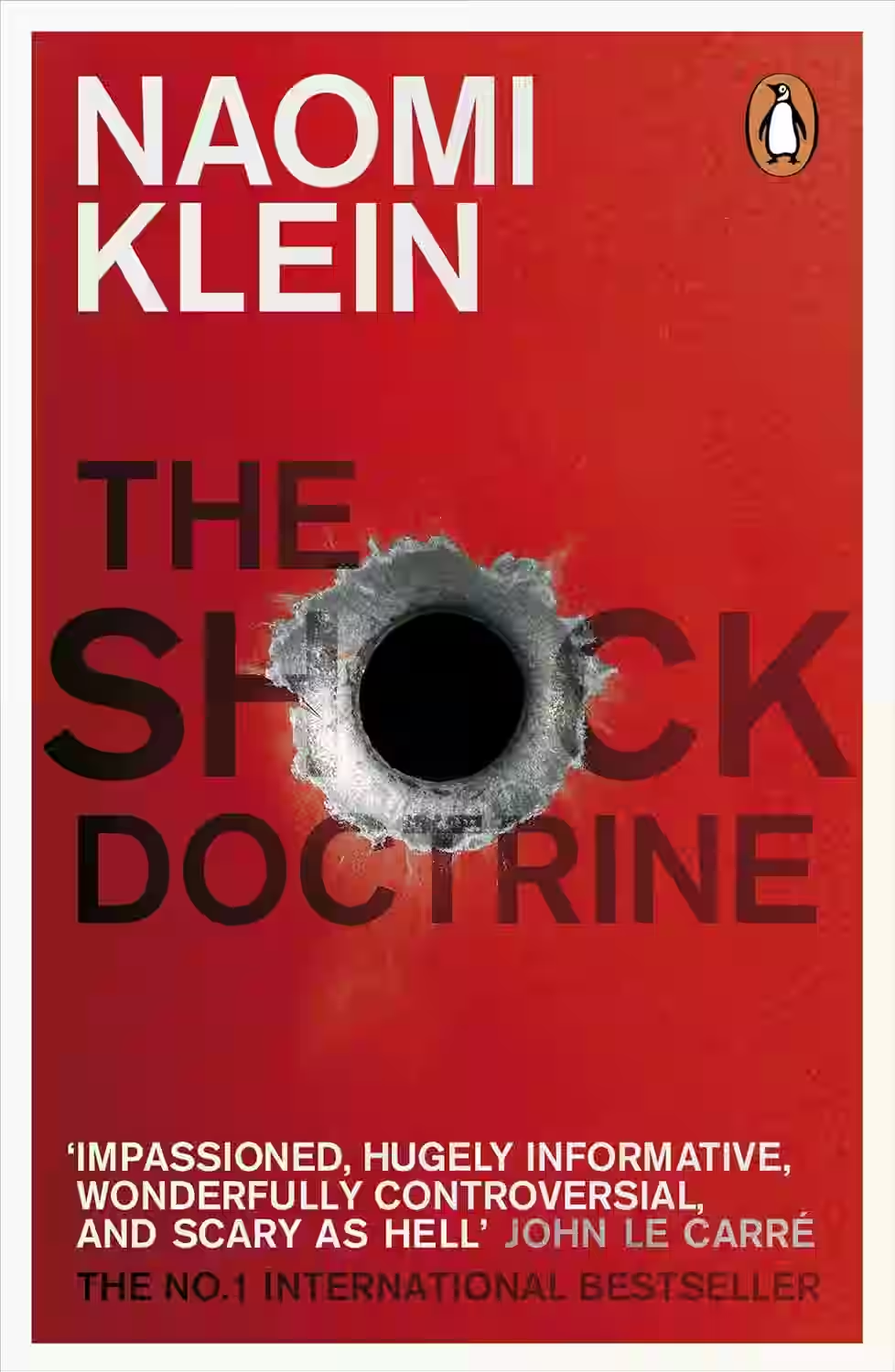
The Shock Doctrine
by Naomi Klein
Naomi Klein's 'The Shock Doctrine' is a thought-provoking and eye-opening exploration of the impact of disaster capitalism on societies worldwide. Through meticulous research and compelling analysis, Klein unveils a pattern where economic elites exploit moments of crisis to push through radical free-market policies, dismantling social structures and widening economic inequality. She takes readers on a journey through various historical and contemporary examples, from Pinochet's Chile to post-Katrina New Orleans, illustrating how this 'shock doctrine' perpetuates a cycle of exploitation and suffering. Klein's narrative is both enlightening and unsettling, urging readers to question the intersection of capitalism and disaster response.
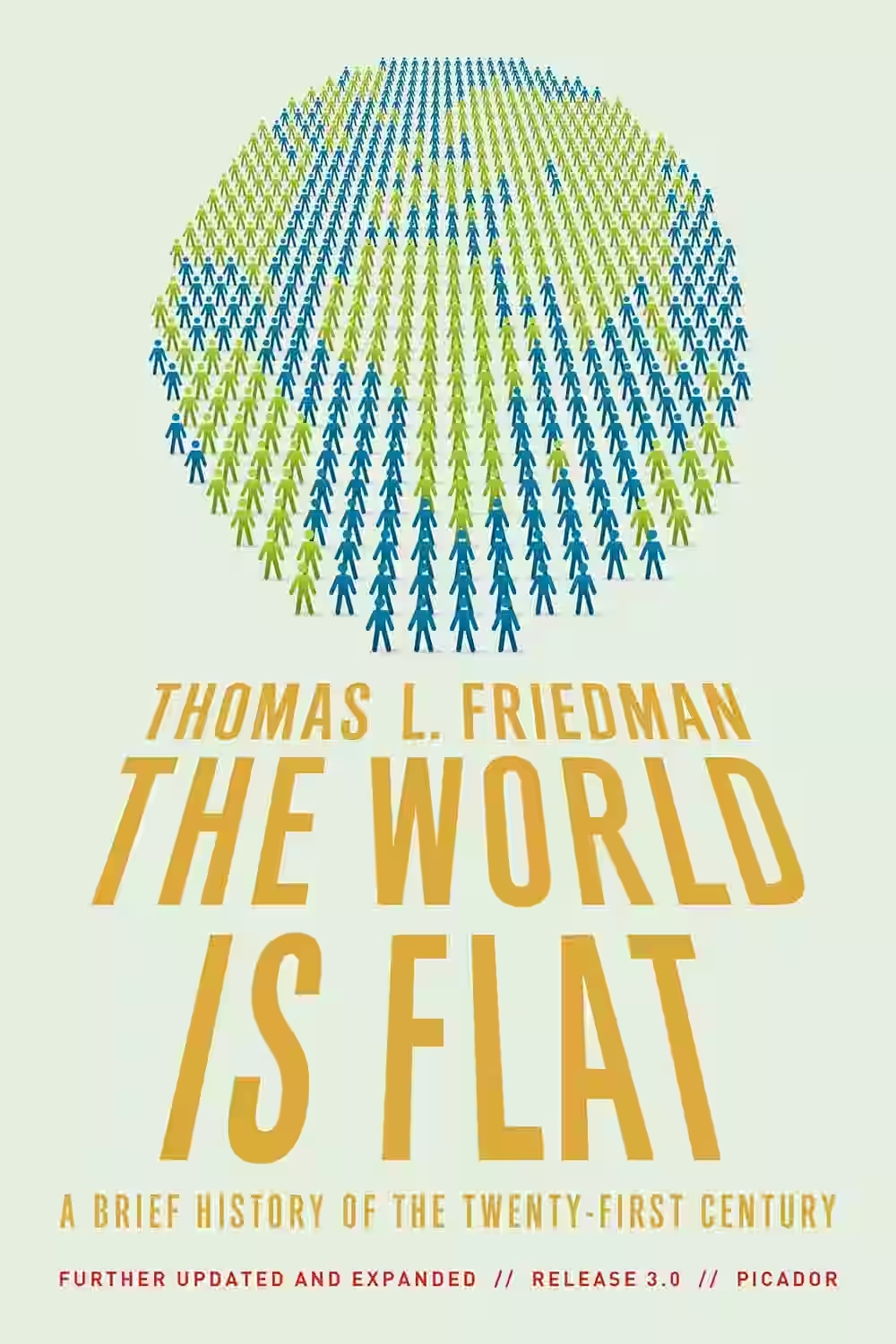
The World Is Flat
In 'The World Is Flat,' Thomas L. Friedman explores the concept of globalization and its impact on our interconnected world. He delves into how technological advancements, particularly the rise of the internet, have leveled the playing field for individuals and businesses worldwide, creating both opportunities and challenges. Friedman argues that in this 'flat' world, countries and individuals must adapt to stay competitive. Through engaging anecdotes and analysis, the author paints a vivid picture of a world where traditional boundaries are becoming increasingly blurred. This thought-provoking book challenges readers to rethink their place in a globalized society.

The End of History and the Last Man
In 'The End of History and the Last Man,' Francis Fukuyama explores the concept of the end of history, arguing that liberal democracy represents the final form of government and the ultimate goal of human socio-political development. Fukuyama delves into the Hegelian idea of humanity's journey towards a universal state of freedom and democracy, positing that the fall of the Soviet Union marked the realization of this vision. However, he contemplates the challenges to this theory, particularly the rise of identity politics and challenges to the liberal democratic order. This thought-provoking book continues to spark debates on the future of global governance and ideology.
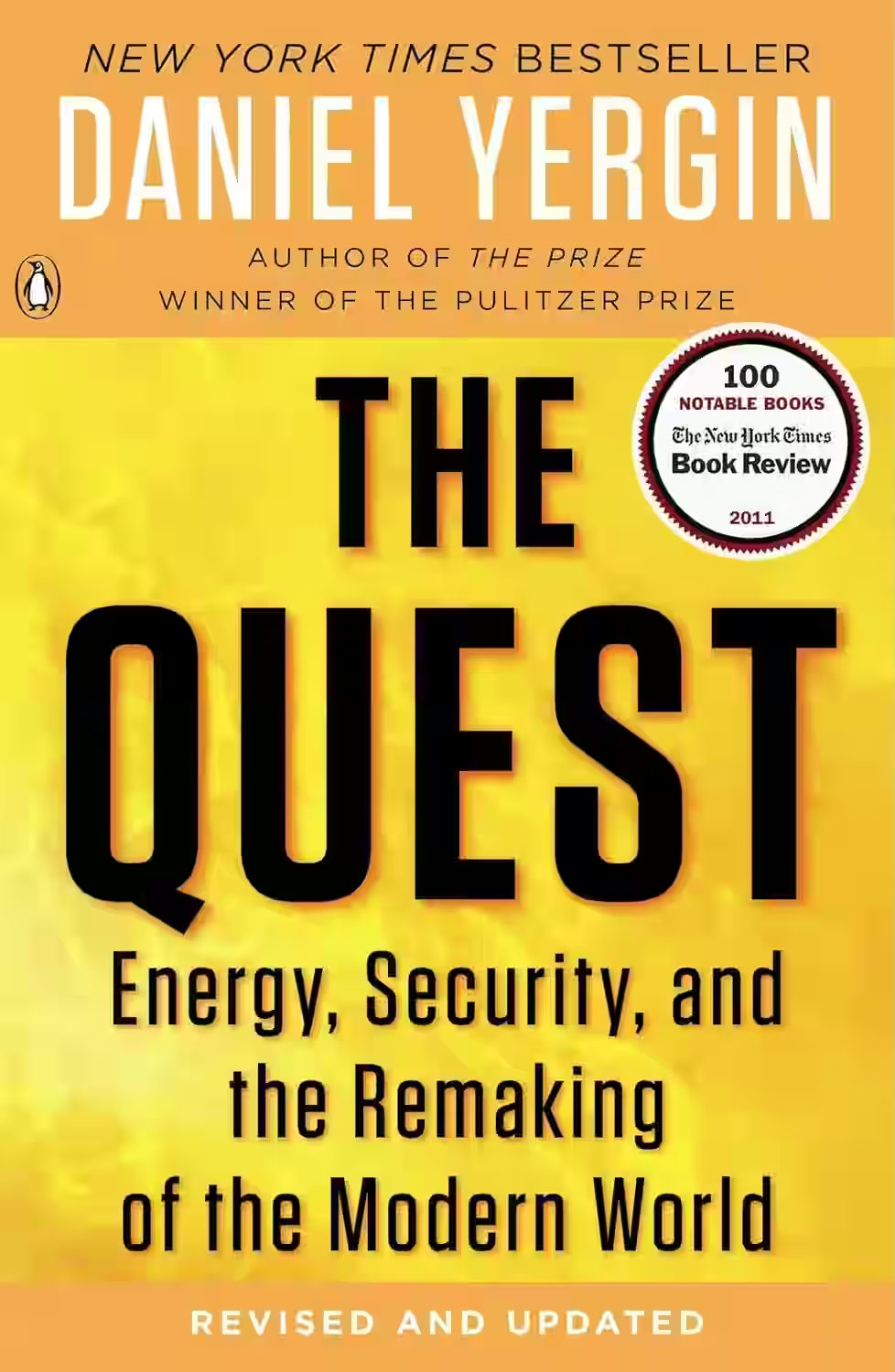
The Quest: Energy, Security, and the Remaking of the Modern World
In 'The Quest: Energy, Security, and the Remaking of the Modern World,' Daniel Yergin takes readers on a fascinating journey through the often overlooked world of energy geopolitics. The book delves deep into the intricate relationship between energy resources, global security, and the ever-evolving modern world. Yergin explores the quest for sustainable energy sources, the impact of technological advancements on energy production, and the complex political dynamics shaping the energy landscape. Through compelling narratives and extensive research, the author sheds light on the critical role energy plays in shaping economies, conflicts, and the future of our planet.
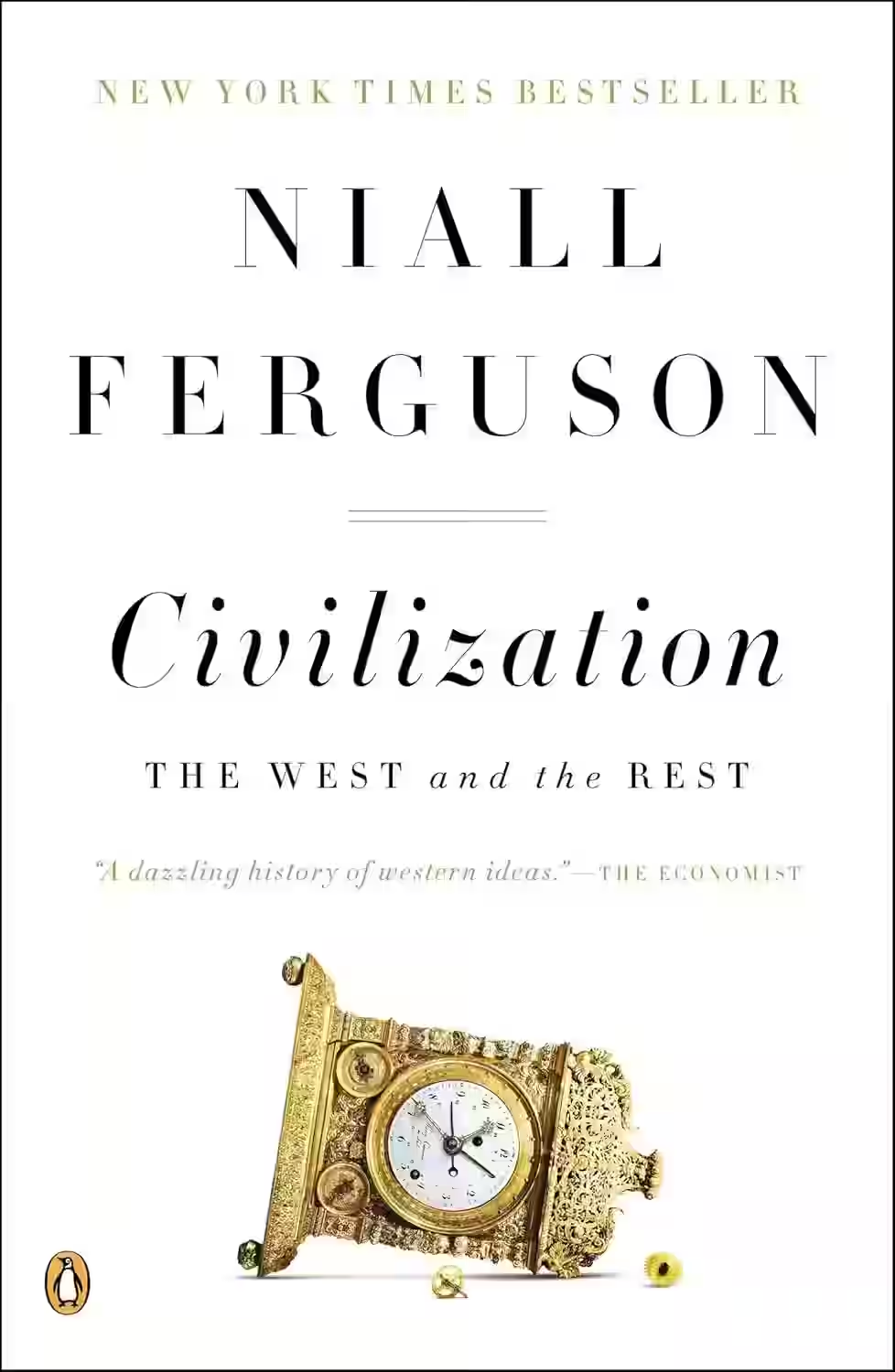
Civilization: The West and the Rest
In 'Civilization: The West and the Rest,' Niall Ferguson delves into the history of Western civilization, exploring the factors that propelled the West to its position of global dominance. Ferguson discusses the key institutions, technologies, and cultural values that set the West apart from other societies. Through a meticulous analysis, he argues that these unique factors enabled the West to surge ahead economically and politically. By comparing Western achievements to those of other civilizations, Ferguson prompts readers to ponder the future trajectory of global power. This thought-provoking book offers a fresh perspective on the roots of Western supremacy and challenges readers to contemplate the fate of civilization.
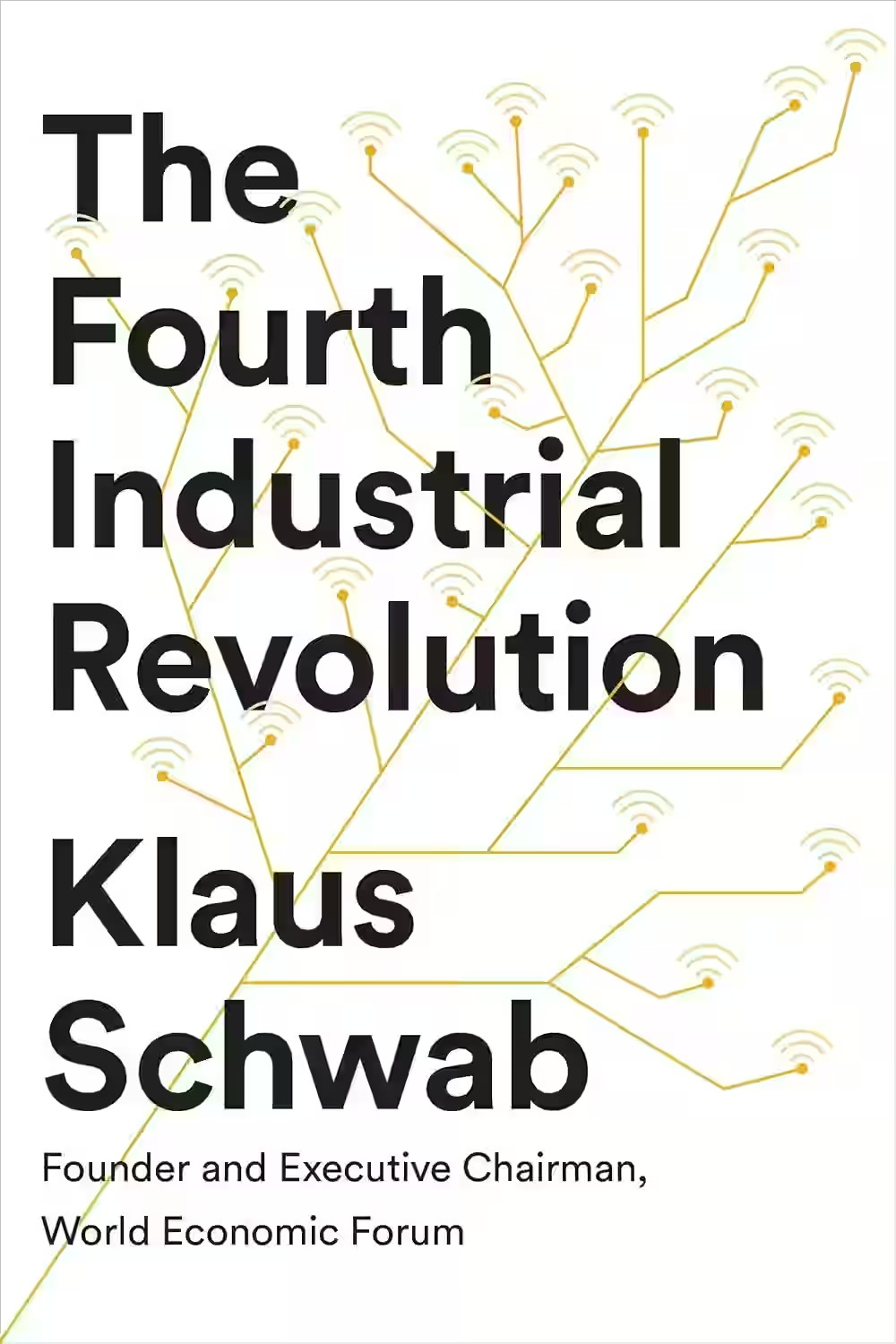
The Fourth Industrial Revolution
by Klaus Schwab
In 'The Fourth Industrial Revolution' by Klaus Schwab, the author delves into the transformative era we are currently facing, where technological advancements are reshaping industries and societies at an unprecedented pace. Schwab discusses how technologies like artificial intelligence, robotics, and the Internet of Things are blurring the lines between physical, digital, and biological spheres. He emphasizes the need for collaboration between governments, businesses, and individuals to navigate these changes successfully. The book serves as a call to action, urging readers to adapt to the new landscape to ensure a brighter future. With insightful analysis and thought-provoking ideas, Schwab presents a compelling vision of the future.